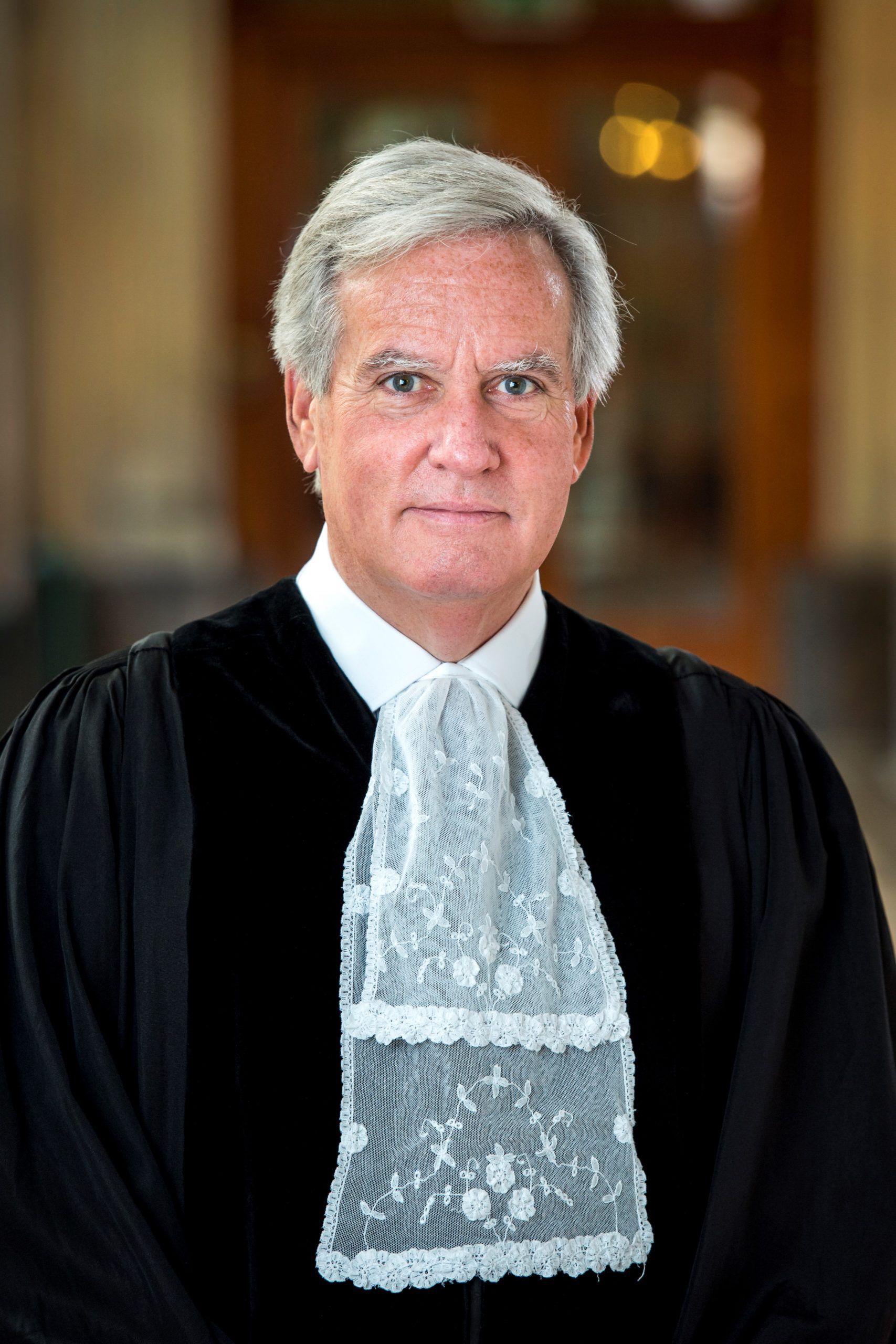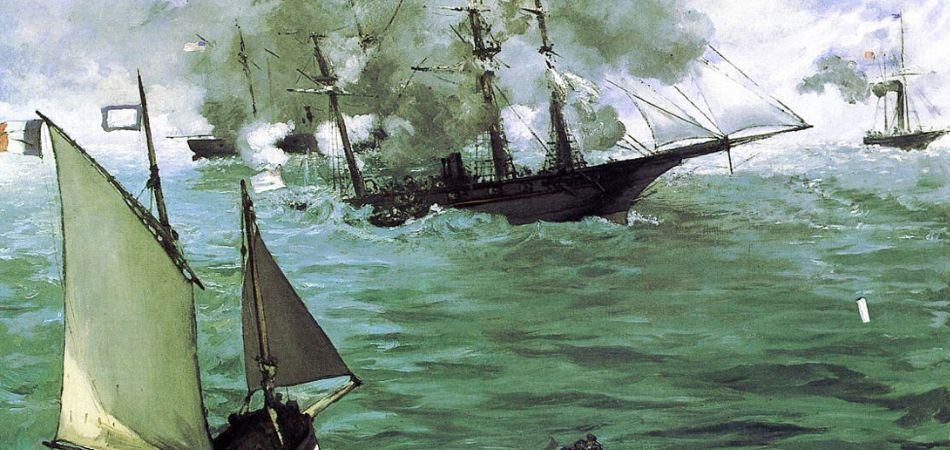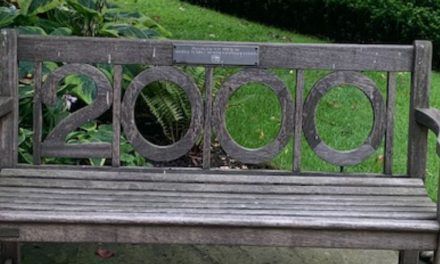
Master Christopher Greenwood, the Lent Reader, is a Judge of the Iran-United States Claims Tribunal. From 1977 to 2009 he taught international law and practised at the Bar, becoming a QC in 1999. He was a Judge of the International Court of Justice from 2009 to 2018. In October 2020 he will become Master of Magdalene College, Cambridge.
At the time that I was Called to the Bar, public international law scarcely seemed a promising field for practice. The clerk in my first chambers told me that it might bring in a case every four or five years but that I was better off focusing on personal injury. The International Court of Justice could scarcely have been described as busy in those years. In 1977-78, it had one case on its books which it did not have jurisdiction to hear. When I became a judge of the International Court 30 years later, my office contained a handsome bound set of the Court’s reports. The volume for 1977 contained only four pages; two pages in English and two pages in French on the same point. The inside cover of the volume stated rather sadly that ‘this volume contains neither an index nor a table of contents’. Underneath, someone had written in pencil ‘nor anything else!’
The picture in the English courts was hardly more promising. The famous decision in Buttes Gas and Oil v. Hammer led one despairing commentator to observe that the judgement left him with the sinking feeling that ’either international law does not really exist or, if it does, the English courts are incapable of finding out what it is or applying it’. Not long afterwards, a High Court judge, confronted with an argument about international law, quipped that ’English law is law, foreign law is fact, international law is fiction’.
In fact, the picture was much brighter than might have been thought. The International Court was on the eve of a remarkable renaissance and the attitude of the English courts to international law was transformed within a decade. What had seemed like a blind alley was soon revealed as a major highway and one in which Middle Templars played an important part. To understand why, however, we need to go back some 140 years to the American Civil War and a dispute between the British and American governments over a ship called the Alabama.
The Alabama was built in Birkenhead in 1862 to the order of agents of the Confederate Government. Ostensibly a merchant ship, she was in fact a commerce raider and the United States Embassy in London demanded that the British Government respect the neutrality it had proclaimed at the outbreak of the war and prevent her from sailing. At this point, everything went wrong. The Foreign Office sought legal advice from the Queen’s Advocate, Sir John Harding QC. On the face of it, this was a sensible step, but unfortunately Harding had become insane and, by the time the Foreign Office had become aware of this problem, the Alabama had sailed. During the next two years she did immense damage to US shipping before she was sunk by a US warship nine miles off Cherbourg in a battle immortalised in a graphic painting by Manet (who had not actually witnessed the battle but painted it from press reports some months later).
After the war, the US demanded compensation for what it considered a breach of the international law of neutrality. Some of these demands, for the ‘indirect damages’ said to have been caused by the Alabama and her sister ship, the Florida, came to vast sums and relations between the countries deteriorated to the point where there was talk of war. In the end the two governments opted for arbitration before a five-member tribunal, which included a former Swiss Head of State and eminent lawyers from Italy and Brazil. Britain nominated Sir Alexander Cockburn, Chief Justice of the Queen’s Bench and a Treasurer of Middle Temple. In some respects, he was an inspired choice as he was fluent in French and spoke passable German, Italian and Spanish. Unfortunately, he had one of the most unpleasant personalities in London and disliked foreigners. The US choice, Charles Francis Adams, was a far better one; though today he would certainly have been conflicted as he had been the US Ambassador in London during the Civil War and the author of the US demands regarding the Alabama.
The arbitration was a spectacular success. The Tribunal found for the USA on the question of damages directly caused by the Alabama but for the UK on the indirect damages. The UK paid the award of $15.5 million at once and a dispute which might have poisoned relations for decades and even imperilled the co-operation which played such an important part in two world wars was brought to an end. Moreover, the example of how two States could settle a dispute through law inspired projects for a standing international court.
That court was created in 1922 and again Middle Templars played an important part. The first British Judge of the Permanent Court of International Justice was Viscount Finlay, a former Lord Chancellor and Treasurer of the Inn. Despite being 79 at the time of his election, he managed to serve most of his nine-year term before dying in office.
His successor was another Middle Templar, Sir Cecil Hurst. A former Foreign Office Legal Adviser, he became President of the Court but had to preside at a particularly dark time as World War II loomed.
In 1946 the Court was reconstituted as the International Court of Justice, though it retained both the premises and many of the working practices of the pre-war Court. Of the seven judges of British nationality, the first four came from Gray’s Inn and there has been only one from each of the other three Inns. As in Finlay’s time, there is no retirement age, which may explain why, when the Court is in public session, a security guard watches over it holding a defibrillator.
The sixties and seventies were a distinctly lean period for the Court with very few cases and defendant States which frequently refused to appear. By 1978 the Court was regularly dismissed as a blind alley. Starting in the eighties, however, there was a remarkable recovery and the Court now has 17 cases pending, involving nearly 30 States. It has played a particularly important role in the law of the sea, where its judgements on maritime boundaries have done much to prevent the enlargement of coastal State jurisdiction leading to confrontation. While some of its cases may seem the most obscure of byways; the Isla Portillos, a tiny area of uninhabited swampland at the mouth of the river forming the border between Costa Rica and Nicaragua, has been the subject of four cases in the last nine years, it needs to be remembered that even seemingly trivial disputes can often have a disproportionately malign influence on the relations between neighbours. All too often governments find that popular opinion will not allow them to compromise a dispute. In such cases, the availability of impartial and respected third party adjudication is an invaluable safety valve.
International law is also regularly applied by arbitration tribunals. These have been used to hear cases between States, as in the days of the Alabama, but have also more recently been used to resolve disputes between individuals or corporations and States, sometimes applying a mixture of international law and domestic law. Arbitrations between States and foreign investors have been particularly prominent.
Special mention should be made of the Iran-United States Claims Tribunal. This tribunal, which sits in the Netherlands, is made up of three members appointed by Iran, three by the US and three ‘third country member’ or neutrals. Established as part of the settlement which led to the freeing of the US diplomatic staff held hostage in Iran for nearly 15 months, it has given hundreds of decisions in cases ranging from huge commercial and inter-State claims to claims by US nationals for the seizure of their furniture and personal effects during the Iranian Revolution. In the early years, two of the Iranian appointed arbitrators attempted to strangle a neutral chairman with his necktie in the foyer of the tribunal building. More recently, when the Obama administration settled a large claim by Iran it found that the sum due could not be paid through the banking system because of US sanctions and had to be taken in pallet loads of cash to the Iranian Embassy. Sadly, it has not yet brought about the transformation in relations achieved by the Alabama tribunal, but it is nonetheless a remarkable achievement that it has continued to function for nearly 40 years despite the fact that during that time the two States have never had diplomatic relations.
There has been a similar transformation in the role of international law in the English courts. Less than two decades after the House of Lords shied away from considering international law in the Buttes case, it gave the ground- breaking judgement on the potential criminal liability of the former Chilean dictator, General Pinochet and the prominence of international law in our courts today was illustrated by the fact that the Supreme Court marked its 10th anniversary by publishing a selection of the judgements which it had given on issues of international law.
…when the Obama Administration settled a large claim by Iran it found that the sum due could not be paid through the banking system because of US sanctions and had to be taken in pallet loads of cash to the Iranian Embassy.
I am happy to say, therefore, that international law turned out to be more of a highway than a byway, let alone a blind alley and it has given me a career which has been more interesting and more rewarding than I could have imagined. The question remains, however, whether international law really amounts to anything of substance. Increasingly international law is under attack for being too powerful an intrusion into national life and too weak to resolve the great challenges of our time, the contradiction tends to elude critics who will frequently attack it on both grounds. Neither is well founded.
The argument that international law is too great an intrusion into national sovereignty is heard from the political right wing especially in relation to human rights. Yet there is no conflict between the European Convention on Human Rights and British democratic values. The European Convention was largely written by British authors and its values are our values. If in this country we pride ourselves on understanding the balance to be struck between our liberties and our security, like all nations we may be less mindful of where to strike the balance between our security and the liberties of others. One of the strengths of the European Court of Human Rights is that it has reminded us of the need to take account of the liberties of everyone.
Ironically, the right-wing criticism of the intrusiveness of international human rights law finds an almost exact counterpart in criticism from the left of the effect of international law on foreign investment, which is attacked for limiting the sovereign rights of the State. One wonders whether in their eagerness to undermine parts of international law of which they disapprove, these two groups of critics ever realise the extent to which they hand one another weapons with which to attack the laws they do support.
What of the criticism that international law is weak and inadequate, because it can resolve only the smaller problems and not big issues like climate change? The challenges posed by climate change or conflict in the Middle East cannot be solved by law alone. If those challenges are to be met it can only be by political will, which will frequently have to be accompanied by economic strength and scientific innovation. If those can be brought to bear, law may play a useful role in assisting them, but it would be futile to imagine that such problems can be legislated away. Moreover, to say that international law is unworthy of our attention and support because it cannot solve the big problems is to throw out the baby with the bath water. As the Alabama case shows, the resolution of any dispute is an important contribution to reducing dangerous international tension.
Let me leave the last word to Judge Guerrero, the last President of the Permanent Court of International Justice. Presiding at the Court’s last hearing in December 1939, he said:
In the last resort, recourse to international justice depends on the will of governments and on their readiness to submit for legal decision all which can and should be preserved from the arbitrament of violence. As for the Court, it means to accomplish to the full the duties incumbent upon it, and it will not weaken in that resolve.
That is no blind alley, but a highway worth travelling.



